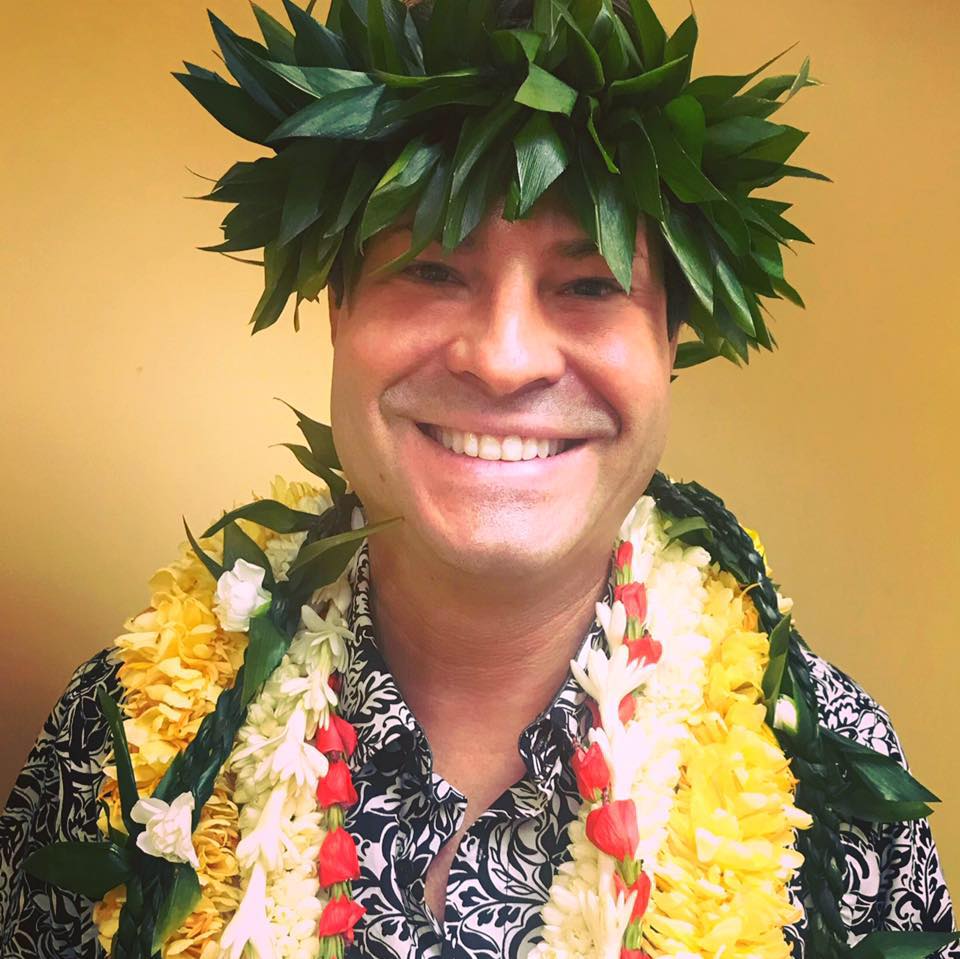A touch of serendipity has guided Michael Marsh to his new role as leader of a Hawaii nonprofit that cares for adults with intellectual and developmental disabilities.
The self-described civil rights activist joined Responsive Caregivers of Hawaii on Aug. 1 as its president and CEO and already is setting both short-term and long-term goals for the 43-year-old organization that operates in four locations on Oahu.
Marsh’s decision to move to Hawaii from his native Ohio was based on personal reasons, not a new job. He and his partner, Sam Yoder, decided to help Sam’s mother, Geri, fulfill her dream of moving to the Islands. Marsh gave up his job as president and CEO of the Toledo Fair Housing Center and earned a Hawaii real estate license in preparation for a new career. He then learned of the vacancy at RCH, created when Michael Lee returned to the Bay Area after two years on the job.
Marsh, who had gained recognition in Toledo as an advocate for minorities facing housing discrimination, saw a disturbing trend: Many landlords were also discriminating against persons with intellectual and developmental disabilities. For example, they would not widen doorways to accommodate wheelchairs or allow service animals into their buildings. His role as a civil rights activist quickly expanded to include the disabled.
Serendipity occurs when something good happens unexpectedly or by accident. In Marsh’s case, the RCH job opened up as he was planning his move to Hawaii, and he and the organization seemed to be an ideal fit. The RCH board agreed.
Marsh, 45, now leads a nonprofit that dates back to 1975 when Dr. George Omura founded the Research Center of Hawaii, providing day-care activities and residential facilities for adults with development disabilities. It opened its first group home two years later to help clients transition from institutional settings into the community. It changed its name to Responsive Caregivers of Hawaii in 2002.
Today, RCH’s 50 administrators and care givers serve approximately 100 participants in four locations. It has a large day-care facility in Kalaeloa and another in Dillingham Plaza. Two group homes, in Aiea and Kapalama, each serve four residents. Its $3 million annual budget is funded primarily through Medicaid, and it has a contract with the City and County of Honolulu to transport participants to and from day care.
In the short term, Marsh plans to expand RCH’s visibility in the community by building a new website and launching social media platforms. He also will use his experience as a fund-raising executive to find new sources of income.
“That’s why they hired me,” he says of his short-range plans.
In the longer term, he plans to reduce expenses in areas such as rent and reinvest the savings in staff training and compensation. He also wants to find ways for RCH participants to interact more closely with the Hawaii community.
“They’re really underpaid,” he says of his staff. “Many make only the minimum wage.”
While RCH is committed to long-term rental contracts, Marsh is exploring possible new locations that will offer nominal rental terms, which several other social service nonprofits currently enjoy.
“If RCH could obtain an arrangement like that, it would be a total game changer for us,” he told me.
On a personal level, Marsh, who has an extended family in Hawaii and says he fell in love with the Islands during a previous visit, is settling in to his Mililani home with Sam, Geri and their two Yorkshire terriers, Lulu and Spike. A long-time Rotarian, he joined the Rotary Club of Honolulu last month. An avid traveler, he has visited 56 countries and 40 states – his favorite destinations are Aruba, New York City and New Orleans.
I asked Marsh whether he plans to be a civil rights activist in Hawaii as he was in Ohio. His response was an unqualified yes
“It’s hard to witness discrimination against our participants and not be an activist,” he says.
by Jim George, HANO Contributing Columnist | published October 25, 2018

